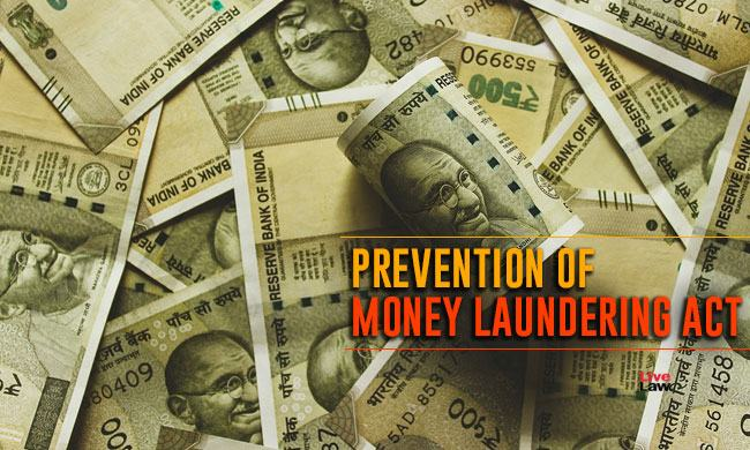Supreme Court Adjourns Pleas Challenging Provisions Of PMLA For January 25
Shruti Kakkar
10 Jan 2022 2:52 PM IST

Next Story
10 Jan 2022 2:52 PM IST
The Supreme Court today adjourned the batch of petitions concerned with the interpretation of the Prevention of Money Laundering Act for January 25, 2022.Since the batch of pleas were listed for January 11, 2022 Senior Advocate Kapil Sibal today mentioned the matter before the bench headed by Justice AM Khanwilkar for adjourning the matter for 4-6 weeks. "The problem is that there is a...
